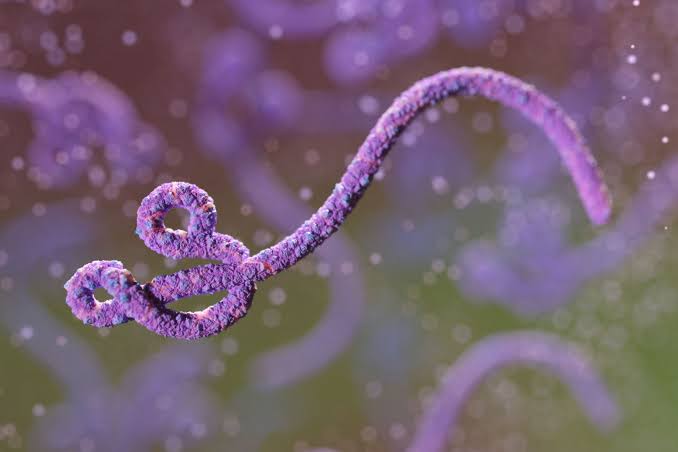The World Health Organisation (WHO) Regional Office for Africa says no fewer than 200 contacts of recent Ebola cases have been vaccinated in Beni, Democratic Republic of the Congo (DRC).
SEE ALSO: President Buhari’s statement on late Abba Kyari
WHO had , on April 10, confirmed a new case of Ebola virus in the city of Beni after 52 days of not recording a case in the country.
WHO disclosed this in its weekly bulletin on outbreaks and other Emergencies week 16, which covered April 13 to 19, released on the agency’s twitter account @WHOAFRO on Tuesday.
The weekly bulletin focused on public health emergencies occurring in the WHO African Region. The WHO Health Emergencies Programme is currently monitoring 108 events in the region.
This week’s main articles covered key new and ongoing events, including: COVID-19 in the WHO African Region, Ebola virus disease and measles in Democratic Republic of the Congo.
According to the bulletin, some public health measures have been taken to curb the spread of Ebola in the country.
“Response and surveillance activities are being strengthened across all pillars, with preparedness enhanced in surrounding areas.
“In Beni, three vaccination teams have been activated to carry out vaccinations around the community where the deaths were confirmed on 10 April, 2020 and 200 contacts were vaccinated,” it said.
From 10 to 14 April 2020, it stated that three new confirmed cases of Ebola virus disease (EVD) were reported, all from Beni Health Zone, North Kivu; two of the confirmed cases died after visiting several healthcare facilities.
“The infection of the third individual has been epidemiologically linked to one of these cases, who is currently receiving care at an Ebola treatment centre (ETC).
“Prior to this resurgence of the cases, the last person confirmed to have EVD tested negative twice and was discharged from a treatment centre on March 3, 2020.
“Specimens from all confirmed cases were sent to the Institute Research Biomedicale (INRB) for genetic sequencing to support surveillance teams in investigating the source of infection and to determine if cases were linked to a known source of transmission.
“A total of 332 contacts of these cases have been registered, of which 248 were followed up on April 14, 2020 and 200 of whom were vaccinated.
“As of April 19, 2019, a total of 3, 461 EVD cases, including 3, 316 confirmed and 147 probable cases had been reported and to date, confirmed cases had been reported from 29 health zones,’’ it added.
According to the report, as of April 19, 2020, a total of 2, 277 deaths were recorded, including 2, 131 among confirmed cases, resulting in a case fatality ratio among confirmed cases of 64 per cent.
“As of April 19, 2020, the total number of health workers affected remained at 171, representing five per cent of confirmed and probable cases.
“The number of contacts registered as of April 18, 2020 was 578, all in Beni Health Zone and of these 428 were followed-up, 74 per cent of the total.
“Alerts continue to be raised and as of April 18, 2020, 1 748 were reported of which 1, 724 were investigated, with 180 validated.
“The alert rate has decreased in the past three weeks as teams are moved to COVID-19 response.’’
WHO said the appearance of three new confirmed cases of EVD in Beni since 10 April 10, 2020 highlighted the importance of constant and heightened vigilance of this disease in the face of significant challenges around community acceptance and access for response teams.
“Insecurity is ongoing, with armed insurgents and limited community engagement.
“This emphasises the need for stronger coordination and communication among partners, the Ministry of Health and with civil society and local authorities.
“Alongside this, stronger advocacy for survivors is required, with a critical need to address rumour and stigmatisation of survivors,’’ it explained.

